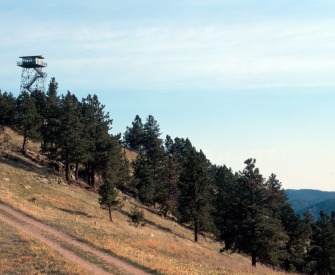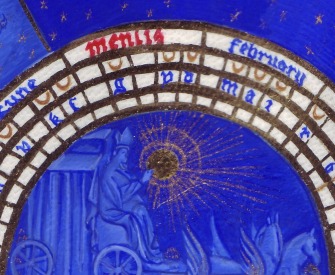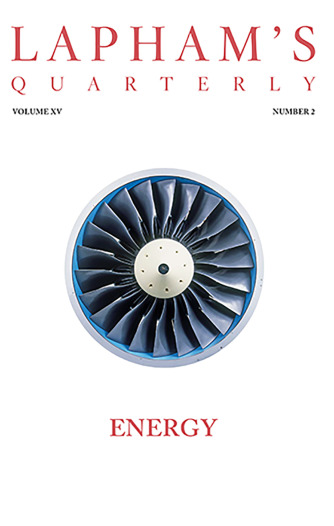We have heard of a Society for the Diffusion of Useful Knowledge. It is said that knowledge is power, and the like. Methinks there is equal need of a Society for the Diffusion of Useful Ignorance, what we will call Beautiful Knowledge, a knowledge useful in a higher sense: For what is most of our boasted so-called knowledge but a conceit that we know something, which robs us of the advantage of our actual ignorance? What we call knowledge is often our positive ignorance, ignorance our negative knowledge. By long years of patient industry and reading of the newspapers—for what are the libraries of science but files of newspapers?—a man accumulates a myriad facts, lays them up in his memory, and then when in some spring of his life he saunters abroad into the great fields of thought, he, as it were, goes to grass like a horse and leaves all his harness behind in the stable. I would say to the Society for the Diffusion of Useful Knowledge, sometimes, “Go to grass. You have eaten hay long enough. The spring has come with its green crop.” The very cows are driven to their country pastures before the end of May, though I have heard of one unnatural farmer who kept his cow in the barn and fed her on hay all the year round. So, frequently, the Society for the Diffusion of Useful Knowledge treats its cattle.
A man’s ignorance sometimes is not only useful but beautiful—while his knowledge, so called, is oftentimes worse than useless, beside being ugly. Which is the best man to deal with: He who knows nothing about a subject, and, what is extremely rare, knows that he knows nothing, or he who really knows something about it but thinks that he knows all?
My desire for knowledge is intermittent, but my desire to bathe my head in atmospheres unknown to my feet is perennial and constant. The highest that we can attain to is not knowledge but sympathy with intelligence. I do not know that this higher knowledge amounts to anything more definite than a novel and grand surprise on a sudden revelation of the insufficiency of all that we called knowledge before—a discovery that there are more things in heaven and earth than are dreamed of in our philosophy. It is the lighting up of the mist by the sun. Man cannot know in any higher sense than this, any more than he can look serenely and with impunity in the face of the sun. “You will not perceive that, as perceiving a particular thing,” say the Chaldean Oracles.
There is something servile in the habit of seeking after a law which we may obey. We may study the laws of matter at and for our convenience, but a successful life knows no law. It is an unfortunate discovery certainly, that of a law which binds us where we did not know before that we were bound. Live free, child of the mist—and with respect to knowledge we are all children of the mist. The man who takes the liberty to live is superior to all the laws by virtue of his relation to the lawmaker. “That is active duty,” says the Vishnu Purana, “which is not for our bondage; that is knowledge which is for our liberation. All other duty is good only unto weariness; all other knowledge is only the cleverness of an artist.”
From “Walking.” Best known for his book Walden, a reflection upon the virtues of simplicity and self-reliance published in 1854, Thoreau in his youth worked for his father’s pencil-making business. In 1838 he founded a small progressive school with his brother John, but after three years, Thoreau realized he was a poet, not a schoolmaster.
Back to Issue





